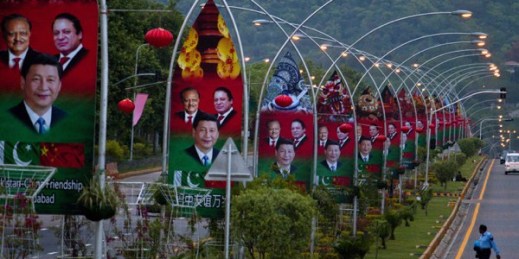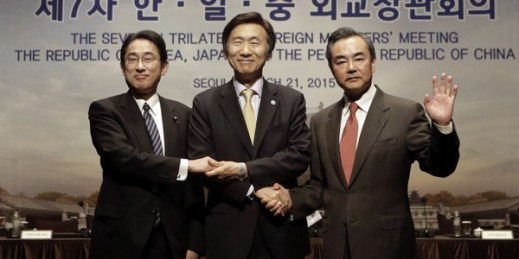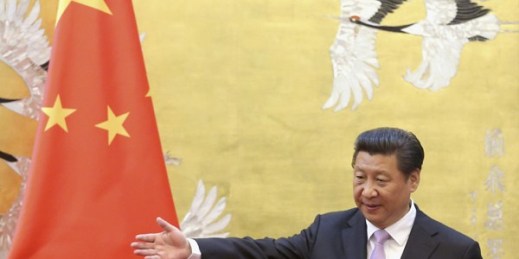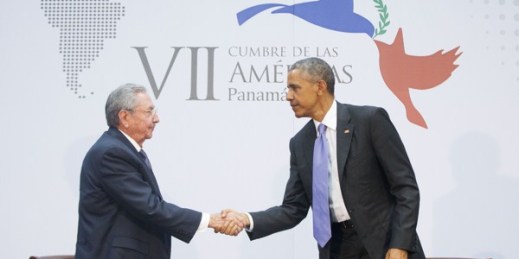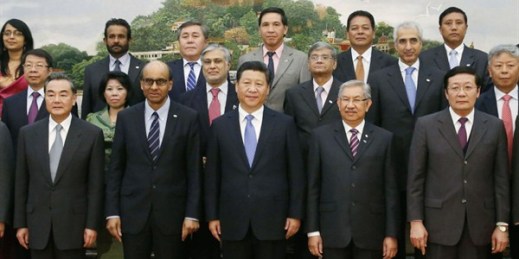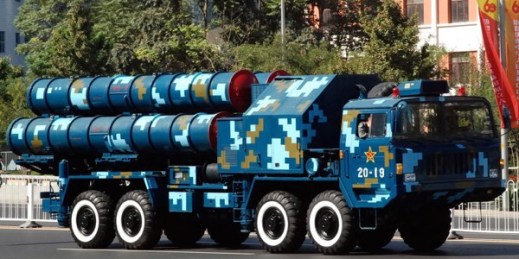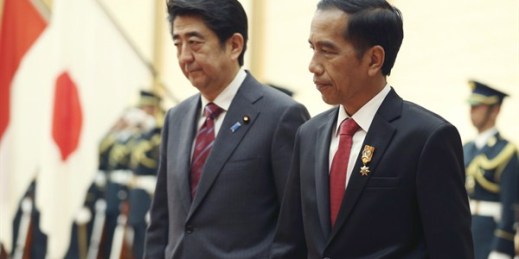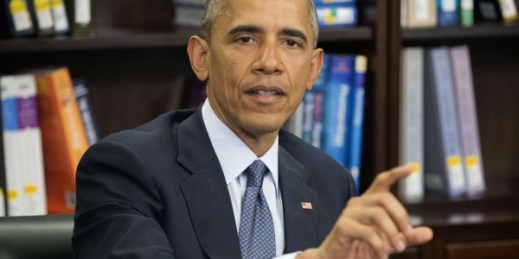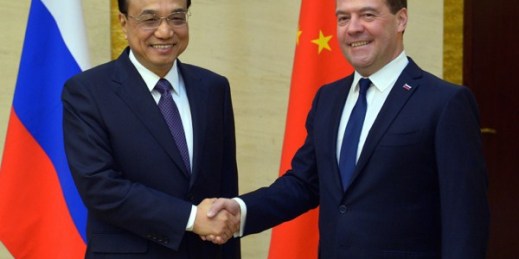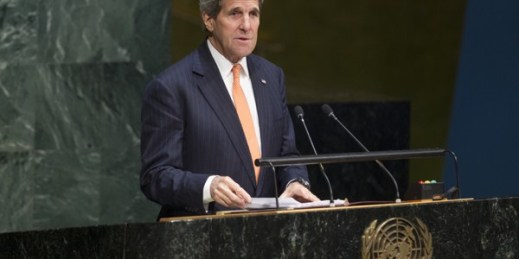
The monthlong 2015 review conference of the Non-Proliferation Treaty (NPT), which began yesterday, will put a spotlight on a number of priority issues on the nonproliferation agenda. Of these, the potential deal between Iran and the P5+1—the United States, United Kingdom, France, Russia, China and Germany—on Tehran’s nuclear program, which would bring Iran back into compliance with its NPT obligations, is likely to attract the most attention. However, the current arms control stalemate among the U.S., Russia and China, which has endured since the previous NPT review conference in 2010, will also shape the conference’s outcome. This stalemate results from […]

